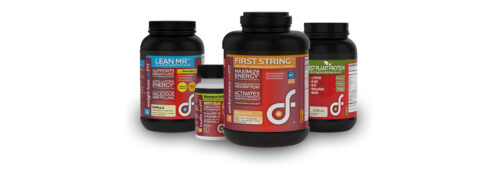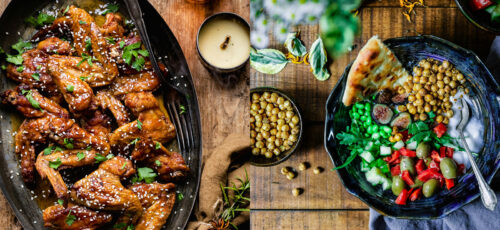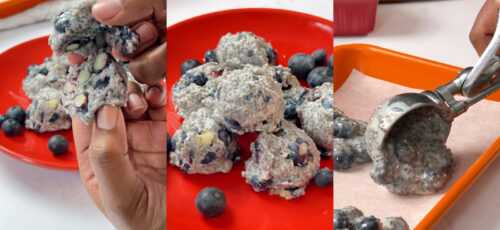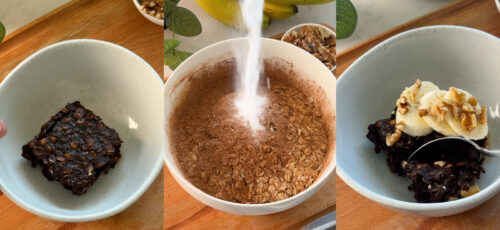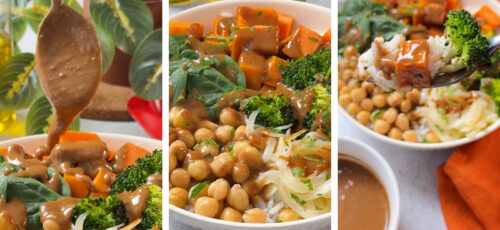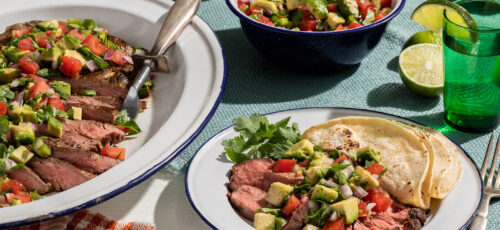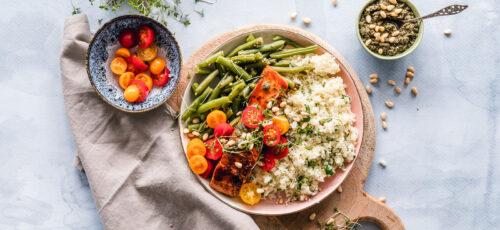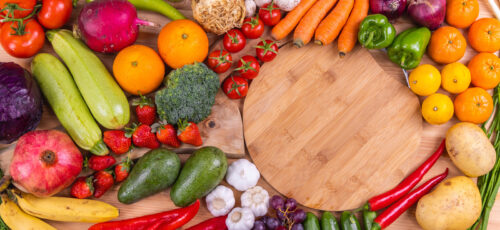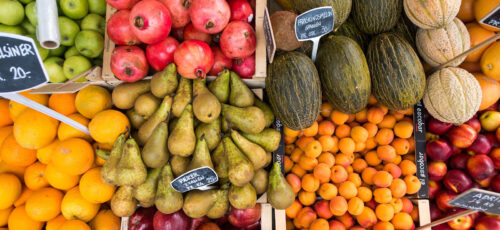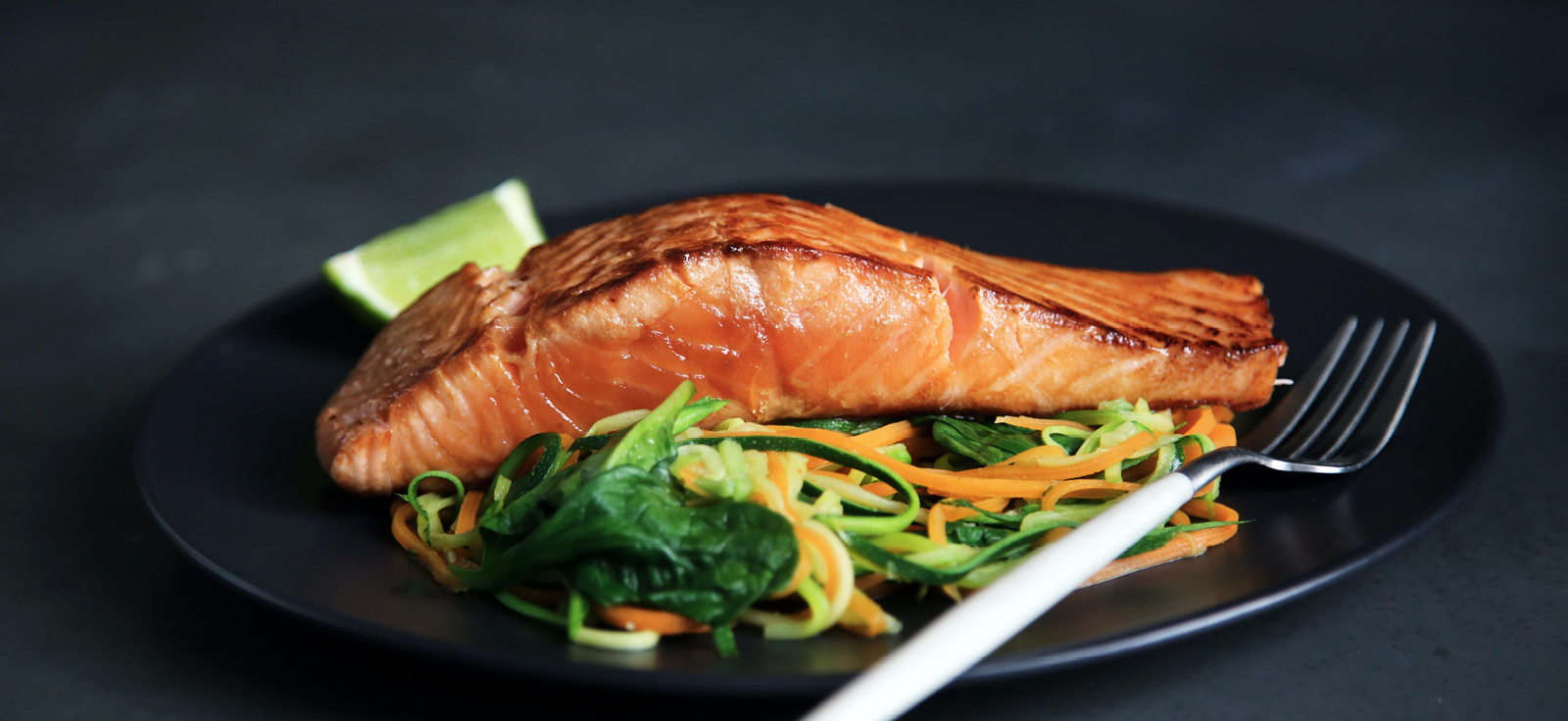
A Guide to a High-Protein Meal Plan
Protein stands as a cornerstone in fostering a healthy diet, delivering essential nutrients vital for building and preserving muscle mass, fortifying bones, and sustaining the proper function of organs. The importance of incorporating a high protein diet is evident, as it plays a pivotal role in meeting your body’s protein needs, contributing to overall health and wellness. Ensuring an adequate intake of complete protein, with an optimal amino acid profile, is key to embarking on a journey toward optimal health.
When contemplating body composition goals, such as losing weight or managing body fat, understanding the significance of protein in meal plans becomes paramount. Crafting delicious meal plans that consider grams of protein, healthy fats, and align with individual food preferences is crucial. A well-structured meal plan not only aids in meeting protein needs but also supports body composition changes.
For those navigating their protein intake, it’s beneficial to develop a shopping list tailored to protein-rich foods, healthy fats, and other essential ingredients. Ultimately, a thoughtful approach to protein, factoring in both quality and quantity, is a cornerstone in creating sustainable meal plans that promote overall health and align with individual wellness goals.
Let’s discuss protein, how much protein you need, and how to plan a protein-rich diet. With this information, you can create a diet plan that works for you and your lifestyle.
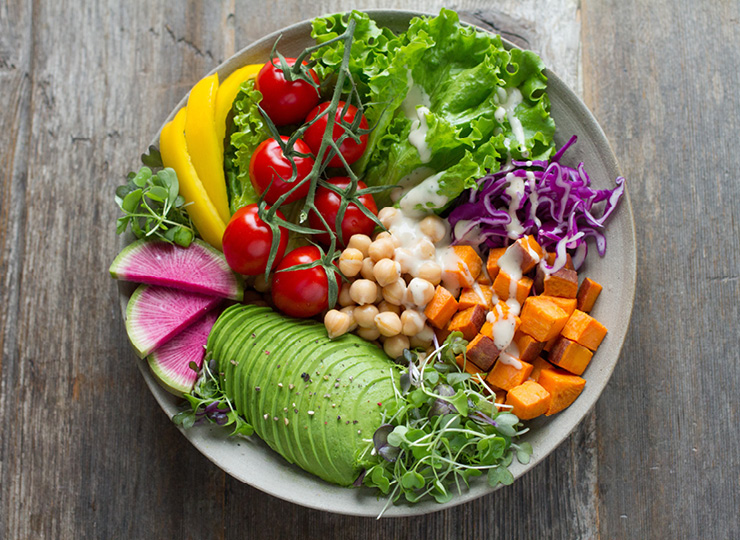
The 101 on Protein
Protein, an indispensable macronutrient, is abundantly present in meat, beans, nuts, eggs, and dairy products. Comprised of amino acids, the fundamental building blocks of our body’s cells, tissues, and organs, protein serves multifaceted roles. It not only furnishes energy but also contributes to digestion and supports muscle development and repair. Notably, both plant and animal protein sources are integral to these functions.
For those aiming at body composition changes, such as losing weight or increasing muscle mass, a high protein diet often takes center stage. It’s generally accepted, evidence-based advice that incorporating a well balance plate into meal plans and grams of protein can be instrumental.
Crafting protein-rich meals tailored to individual food preferences is crucial. Whether your protein is sourced from natural foods or supplements, a well-designed meal plan considers specific dietary needs.
Having a list that aims towards protein-rich meals, healthy fats, and other essential ingredients is a most. An evidence-based approach emphasizes the importance of considering both animal and plant-based protein sources, allowing flexibility depending on individual choices and requirements.
Why Does Your Body Need Protein?
As mentioned above, protein, whether it be in protein powder, protein supplements, or naturally in the food you consume, is essential for building and maintaining muscle mass and aiding in the production of hormones and enzymes. It boasts many health benefits and is also critical to the body’s immune system, as it helps fight infection and disease. More protein helps regulate the body’s blood sugar levels and can also help fill you up and keep you feeling fuller for longer. It is also essential for maintaining healthy skin, hair, and nails.

How Does Protein Compare to Carbohydrates & Fats?
Protein and carbohydrates, crucial macronutrients supplying energy, play distinct roles in satiety and digestion. Protein, found in sources like chicken, proves more satiating, contributing to prolonged feelings of fullness. Additionally, its slower digestion aids in regulating blood sugar levels, making it a valuable component in meals. On the other hand, fats, such as those in olive oil, are another macronutrient, boasting a higher calorie content than proteins or carbohydrates. While their slower digestion promotes sustained fullness, moderation is key when incorporating fats into well-balanced meals.
For a balanced eating routine, incorporating a variety of food sources is essential. For example, a meal plan with 1 serving of chicken seasoned with a mixture of sal, pepper and lemon juice (delicious by the way) , and complemented with pasta, baked with 1 cup of milk products like cheddar cheese or greek yogurt, ensuring a mix of macronutrients. Generally speaking, whether you’re planning lunch or dinner, it’s advisable to include a variety of macronutrients for a wholesome meal.
For those with specific medical conditions, consulting with a healthcare professional is crucial to tailor dietary choices. A strategic approach might involve refrigerating meals overnight, like a pre-prepared dish, optimizing convenience while supporting dietary goals. By incorporating these principles, individuals can create a plan that not only satisfies your needs but also contribute to overall nutritional well-being.
How Much Protein Do You Need?
Protein, whether vegetable proteins, plant proteins, or animal proteins, is an essential nutrient in the human diet, and the amount of protein you need depends on your age, gender, and activity level. According to Harvard Medical School and the international society, the average adult needs 0.8 grams of protein per kilogram of body weight per day, which is equivalent to roughly 55 grams of protein per day for a person who weighs 68 kilograms (150 pounds).
The Recommended Daily Protein Intake
Adult women should aim for 46 grams of protein per day, while adult men should aim for 56 grams. Children ages 4 to 18 should aim for 0.45 to 0.95 grams of protein per kilogram of body weight per day, depending on their age. Athletes and other physically active individuals may need up to 1.2 to 1.7 grams of protein per kilogram of body weight per day.
Mayo Clinic states that “people who exercise regularly also have higher needs, about 1.1–1.5 grams per kilogram. People who regularly lift weights or are training for a running or cycling event need 1.2–1.7 grams per kilogram. Excessive protein intake would be more than 2 grams per kilogram of body weight daily.”

Popular Sources for High-Protein Intake
Some of the most popular sources for high-protein intake include meat, fish, eggs, dairy products, legumes, nuts, almond butter, olive oil, sweet potatoes, cottage cheese, grilled chicken, brown rice, black beans, grilled salmon, and seeds. Meat, fish, and eggs are excellent sources of complete proteins, meaning that they contain all nine essential amino acids that the body needs but cannot produce on its own.
Dairy products, such as milk, greek yogurt, and cheese, are also excellent sources of protein. For vegetarian and vegan diets, legumes, nuts, and seeds are a great source of plant-based proteins. Additionally, many plant-based foods, such as quinoa, buckwheat, and oats, are also high in protein.
Designing a High Protein Meal Plan
Designing this kind of plan is a crucial step in achieving a healthy and balanced lifestyle. As we’ve learned, protein is an essential nutrient that helps to build and maintain muscle, as well as providing the body with energy. When creating this kind of plan, it is important to consider the amount of protein that is needed for optimal health.
When designing a high-protein meal plan, whether it be for weight loss, enhancing body composition, lowering blood pressure and the risk of developing health conditions, or increasing your overall health, it is essential to include a variety of sources of protein. Additionally, it is vital to consume enough calories to meet your body’s energy needs and to ensure that the diet is balanced with the appropriate amounts of other macronutrients, such as carbohydrates and fats.
The Key to Creating a Balanced Meal Plan
Crafting a balanced high protein diet stands as a foundational step toward fostering a healthy lifestyle. Such a diet should encompass a diverse variety, as it implies, high protein, nutritious foods that supply the body with the essential nutrients it requires for optimal function.
Whether you’re planning lunch or dinner, ensuring a mix of these elements supports a holistic approach to nutrition, we do recommend you to start the practice of meal prep.
A well-rounded high protein diet emphasizes the importance of limiting the intake of processed and refined foods. It advocates for moderation in consuming unhealthy fats and sugar-sweetened beverages. If your goal is weight loss or just wanting to start a healthier lifestyle, this strategy is for you. By adhering to these principles, individuals can create and sustain a balanced diet that not only nourishes the body but also promotes long-term well-being and a healthier lifestyle.
A Sample Protein Meal Plan
A sample protein meal plan may include breakfast of oatmeal with nuts and a protein shake, lunch of a turkey sandwich with vegetables on whole wheat bread, and dinner of grilled chicken with a side of quinoa and vegetables. Snacks may include a handful of almonds or a protein bar.
Additionally, it is essential to ensure that the diet includes a variety of sources of protein, such as lean meats, fish, eggs, dairy products, nuts, and legumes. Furthermore, it is vital to ensure that the protein diet is balanced with the appropriate amounts of other macronutrients, such as carbohydrates and fats. Finally, it is important to consume enough calories to meet the body’s energy needs.
Protein is essential to a healthy diet, providing the body with the necessary nutrients to build and maintain muscle, bones, and organs. Consuming enough protein is critical to meet your body’s needs and ensure that you are on the right path towards optimal health and wellness.
Join Us!
Crunch promotes a culture of positivity, inclusivity, and fun with no judgments by providing an environment for all individuals regardless of their health and fitness goals. Find a Crunch gym near you to try our free trial membership, or join Crunch now. We’re here for you – at the gym or at home. Access the best live & on-demand workouts anytime, anywhere with Crunch+. Ready to get sweaty? Try hundreds of workouts for free! Start your free trial now!










